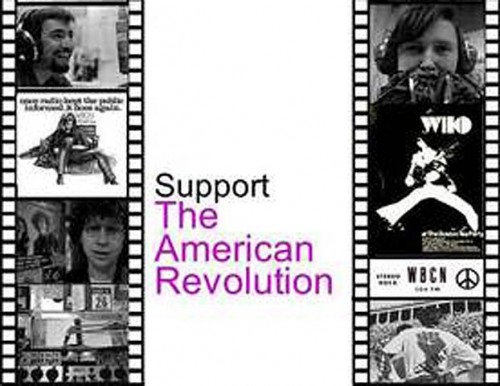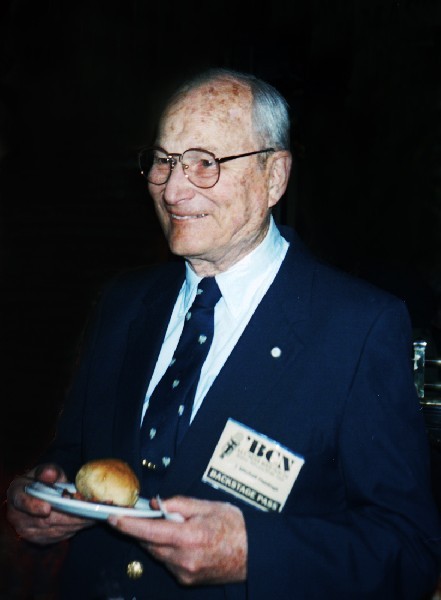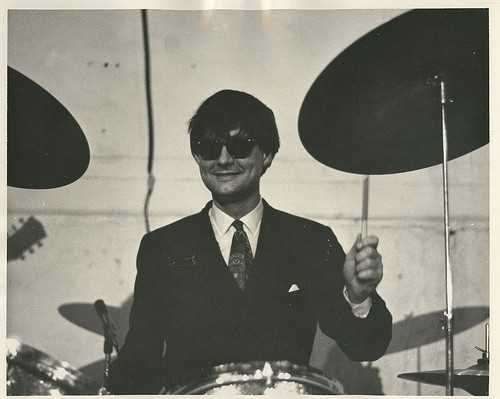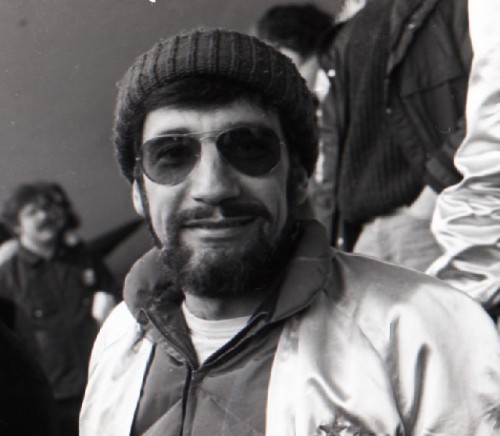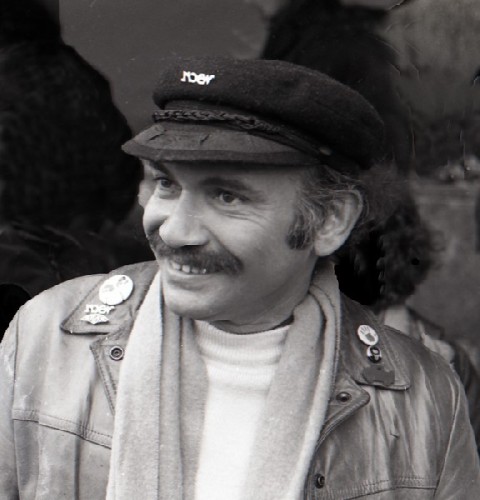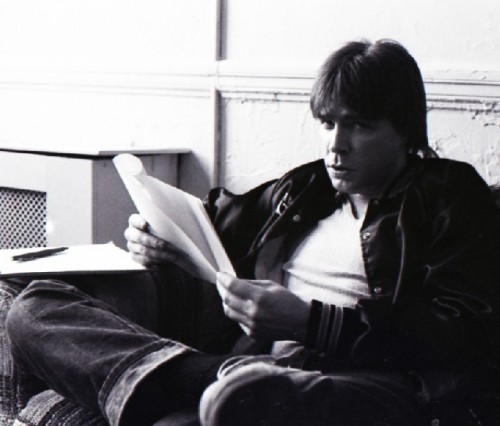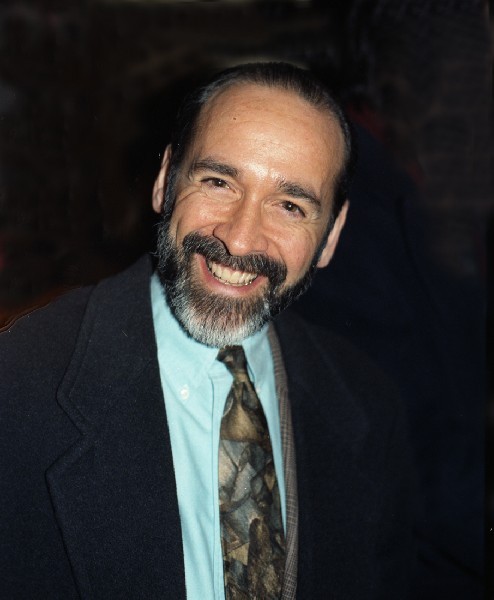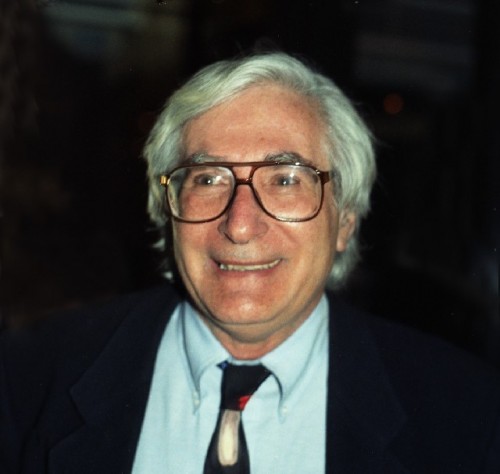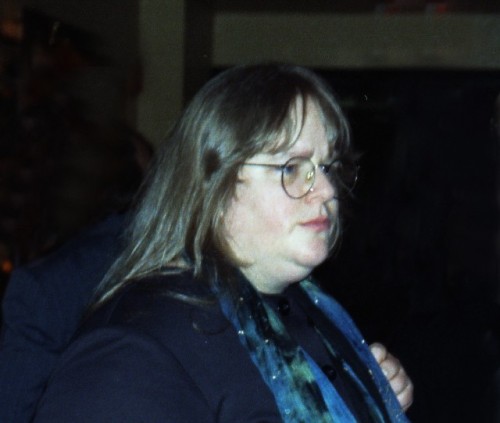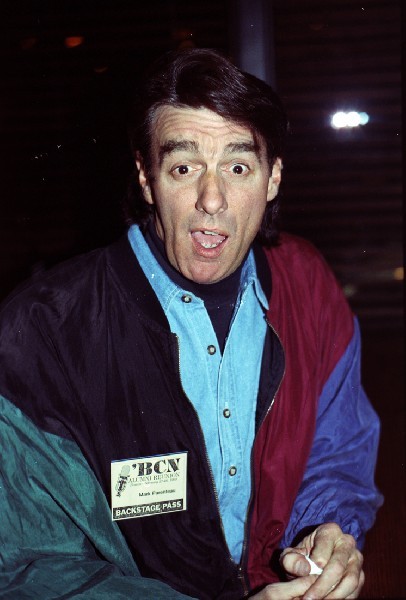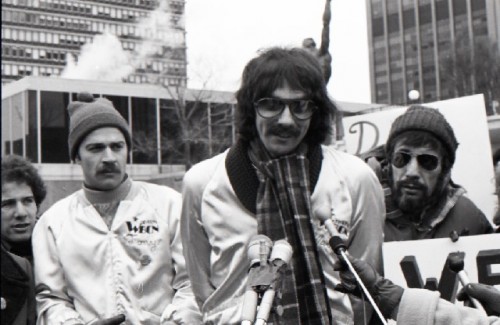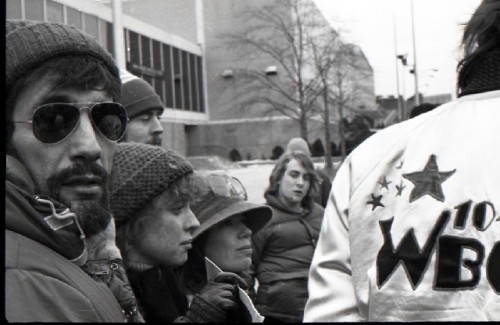WBCN Documentary in the Works
Bill Lichtenstein an Award-winning Film Maker
By: Bob Fowler - Dec 14, 2011
“The American Revolution” is coming again. No, not that one, but a documentary of that title about Boston’s pioneering rock radio station, WBCN-FM. It is being produced by Bill Lichtenstein, an award-winning film maker who is using contemporary tools to create his historical epic. A fund-raising campaign is now under way on Kickstarter, and he is crowdsourcing materials to use in the film.
Lichtenstein was 14 years old in 1970 when he volunteered to man the listener call-in line at WBCN-FM in Boston. It had once been part of a chain of classical music stations in the Northeast founded by T. Mitchell Hastings, who invented the FM car radio. But by 1968 WBCN’s finances were in freefall, and Hastings had switched to an easy listening format in a last-gasp attempt to sell time and keep the station on the air.
Then Ray Riepen rode to the rescue. A lawyer from Missouri, he had come to Cambridge in 1966 to get a master’s degree at Harvard Law, but soon found himself owner of the rock and blues club The Boston Tea Party, in the rundown South End of town.
This was a time when bands were springing up everywhere, from San Francisco to London and points in between, including Boston. The stereo LP was the medium of choice for recording, selling and listening to their music on newly-affordable stereo record players. But Riepen observed that these records weren’t getting played on the tightly-controlled Top 40 format of AM radio stations.
There were exceptions to the rule of AM. Young DJs at college FM stations in the Boston area were experimenting with a new “free-form” format based on rock LP cuts but embracing folk, jazz, novelty, sound effects and anything else that pleased their ears to create an entertaining and often surprising mix of sound. And a DJ in San Franciso, Tom Donahue at KMPX-FM, also had a show playing album cuts.
So Riepen went to Hastings with a simple proposition, to take over the “graveyard” shift from 10:30 PM to 5:30 AM, which was death for selling ad time, and program it with rock. Having little choice, Hastings reluctantly agreed, and the new format debuted on March 15, 1968 with Cream playing “I Feel Free.” A remote dual-turntable system was set up in a large room at the Tea Party which served as a dressing room for the bands and a hang-out for the “in crowd” at the club. The first half of the shift originated from there, the second half from BCN’s studio on Newbury Street.
Riepen brought in some of those college jocks to spin the records, and Peter Wolf (and his personal record collection) to cover the early-morning hours. At the time Wolf was lead singer for local R&B and blues cover band The Hallucinations, a frequent opening act at the Tea Party. Later he achieved fame, and the cover of Rolling Stone magazine, as the frenetic front man for The J.Geils Band.
The station had no marketing budget, but word of mouth about the new sound of FM spread like wildfire by word of mouth. BCN’s new format was dubbed “The American Revolution” by Boston Tea Party manager and promoter Steve Nelson. Advertising started pouring in from record companies eager to promote their new releases. By May 1, the station had switched to rock full-time.
But it was more than just another radio station. It became the hub of youth culture in the Boston area, interacting with its listeners as top-down AM stations, or for that matter other FM stations, never had. And with its coverage of news and politics with a ‘60s lefty slant, it was a trusted voice as well. Ask almost anyone who was a young music fan in Boston then, and they’ll tell you much the same thing: “WBCN changed my life.”
That’s the scene Bill Lichtenstein walked into as a 14-year old eager to volunteer. Within a year he was doing newscasts and announcing. Lichtenstein went on to a distinguished career as a writer and producer at ABC News, and as a filmmaker who received many honors for his work, including the prestigious George Foster Peabody Award.
But like many of his peers from the late Sixties and Seventies, WBCN was still in his heart. So about five years ago he began working on a documentary about the station and its role not only as a radio pioneer, but as a sounding board and catalyst for the cultural and political changes sweeping Boston and the nation. Crowdsourcing content for the production, he has gathered over 50,000 images, audio and film clips, and other artifacts from the heyday of BCN, 1968-1974.
In reference to the station’s 104.1 FM frequency, Lichtenstein has launched a fund-raising campaign on Kickstarter seeking $104,000. It ends at 11:59 PM on Monday, December 19. He encourages everyone who listened to BCN back in the day, or wish they had, to make a pledge and help “The American Revolution” happen.
For more about the film and to make a pledge, go to www.KickstartWBCN.com.
To learn more about Bill Lichtenstein’s film productions, go to www.lcmedia.com
For previous coverage in Berkshire Fine Arts about WBCN and its times, go to:
www.berkshirefinearts.com/04-18-2011_steve-nelson-wbcn-4.htm
www.berkshirefinearts.com/05-17-2011_ron-della-chiesa-voice-of-the-bso-one.htm
www.berkshirefinearts.com/11-15-2011_remembering-wbcn-the-rock-of-boston.htm

